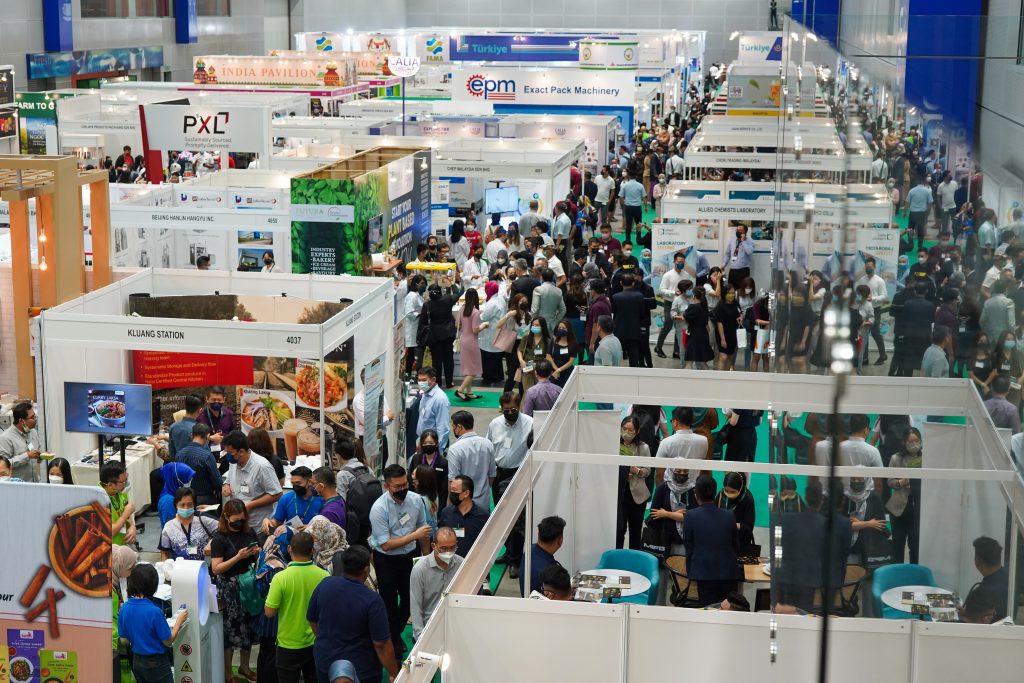Quality food can only come out of a hygienic and well-run kitchen. And it falls on the restaurant manager to set a clear hygiene and cleanliness policy that is strictly followed by every member of the staff. Lest they want to see the business be shuttered due to failing health and safety inspections and losing the trust of their patrons. To begin with, restaurant managers have to ensure that the kitchens meet hygiene standards set by the government. In Malaysia, the standards are set by the Ministry of Health. According to the Department of Standards Malaysia, the Malaysian Standard development for F&B sector is under the purview of Industrial Sector Committee (ISC) on Food, Food Products and Food Safety (ISC U). The scope of ISC U is ‘standardisation in the field of food, food products, and food safety’. Though not mandatory, food businesses should adhere to the HACCP (Hazard Analysis and Critical Control Point). This is a systematic approach to food safety that focuses on preventing contamination from biological, chemical, physical and radiological hazards using common sense application of scientific principles. The Ministry of Health Malaysia has officially launched HACCP Certification Scheme in 2001 with the objective to grant official recognition to food premises that managed to adopt and maintain a HACCP system for food products themselves.
Now back to that hygiene and cleanliness policy. The things that are usually covered in the policy include cleaning procedures, food preparation, and pest management. You should begin by identifying all the hygiene traps that your kitchen staff needs to be aware of and list them down in a document. Also, include all the important kitchen operations and what can go wrong if the procedures are not followed.
Make a list of daily cleaning tasks and include the following: Proper disposal of food crumbs and scraps. Ensure that all garbage and wastes are not kept in the food preparation area. Wipe down all work surfaces with soap and water followed by a disinfectant. It is even better if you can practice a “clean as you go” approach throughout the preparation process. Sweep and mop the floors to remove any bits of food and dirt. Your kitchen floor should be as clean as your utensils before you close up at the end of service. Keep your cleaning materials easily within reach and located near where they are needed. Make it a practice to inspect your kitchen for microbe growth and clean the area appropriately. You can use a mix 1 tablespoon bleach with 3 cups of water as a simple but effective disinfectant.
To avoid cross-contaminations, use coloured-coded chopping boards and preparation bowls. Use separate chopping boards for meat and vegetables, and disinfectant them regularly. As for your bowls, do not, I repeat, do not reuse them for other ingredients until they have been washed and dried. This is especially important if the bowl was used for meat or fish. Chances of spreading foodborne illnesses can be reduced by cleaning and storing food properly. Contamination occurs the most on damp surfaces such as the kitchen sponge, faucet handles and dishcloths. All dishcloths, aprons, and towels should be washed in a washing machine to get rid of all contaminants. Using a washing machine also makes it a little easier for your team in terms of time and effort.
Those handling food should be properly trained in safe food handling. Bacteria can spread from a person if they touch their nose, hair or clothes and then touch food. So, thorough hand-washing and drying should be done every time before and after handling food. It would be better if they use disposable gloves and change them as frequently as they wash their hands. Even more importantly, please tell your staff not to come to work if they are sick. Supervisors should be compassionate and let the staff take time off if they are unwell. It’s not worth having them contaminate the food. Good personal hygiene makes good business sense.
Attend MIFB 2020 to know more food safety procedures and types of machinery. Register now!



